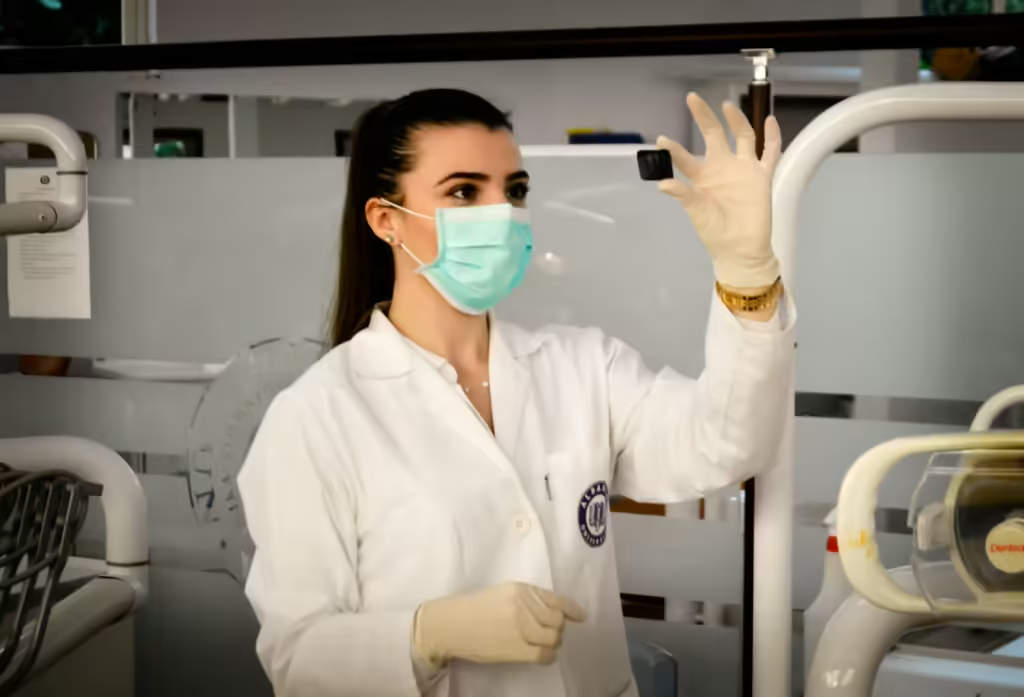Introduction
The Medical College Admission Test (MCAT) is a critical step for aspiring medical students in the United States and Canada. Understanding the MCAT registration process is essential for ensuring a smooth and stress-free experience. This guide will walk you through everything you need to know about MCAT registration, from creating an account to choosing a test date and center, to preparing for test day.
Understanding the MCAT
What is the MCAT?
The MCAT is a standardized, multiple-choice examination designed to assess the skills and knowledge necessary for success in medical school. It evaluates critical thinking, problem-solving, and knowledge of natural, behavioral, and social sciences.

Purpose of the MCAT
The primary purpose of the MCAT is to provide medical schools with a common metric for comparing applicants’ qualifications and readiness for the rigors of medical education.
Structure of the MCAT
The MCAT consists of four sections:
- Biological and Biochemical Foundations of Living Systems
- Chemical and Physical Foundations of Biological Systems
- Psychological, Social, and Biological Foundations of Behavior
- Critical Analysis and Reasoning Skills (CARS)
Each section is scored from 118 to 132, with a total score range of 472 to 528.
MCAT Registration Overview
Eligibility Criteria
To register for the MCAT, you must meet specific eligibility criteria, typically including being enrolled in or having completed an undergraduate degree.
Registration Timeline
MCAT registration opens approximately six months before the test dates. It’s crucial to register early to secure your preferred date and location.
Registration Fees
The MCAT registration fee varies depending on when you register. Early registration is less expensive, while late registration incurs higher fees. The cost can also differ based on your location.
Creating an AAMC Account
Step-by-Step Guide
- Visit the AAMC website.
- Click on “Register for the MCAT Exam.”
- Create an AAMC account by providing your personal information.
- Verify your email address.
- Complete your profile by entering additional details.
Importance of AAMC Account
Your AAMC account is essential for managing your MCAT registration, accessing study resources, and viewing your scores.
Choosing Your Test Date
Factors to Consider
When selecting a test date for your MCAT registration, consider the following:
- Your readiness and study schedule
- Application deadlines for medical schools
- Personal and academic commitments
How to Select a Test Date
Use the AAMC’s scheduling tool to view available test dates and choose one that aligns with your preparation timeline and other commitments.
Test Dates Availability
Test dates are available throughout the year, but they can fill up quickly. It’s advisable to register as early as possible to secure your preferred date for MCAT registration.
Selecting a Test Center
How to Find a Test Center
The AAMC provides a tool on their website to help you locate test centers near you for your MCAT registration. You can search by city, state, or postal code.
Considerations for Choosing a Location
When selecting a test center for your MCAT registration, consider factors such as proximity to your home, travel time, and the testing environment.
International Test Centers
For international students, the AAMC offers test centers in various countries. Be sure to check availability and registration requirements for international locations during your MCAT registration.
Completing the Registration Process
Detailed Steps
- Log in to your AAMC account.
- Select your test date and center.
- Complete the MCAT registration form with your personal and payment information.
- Review and confirm your MCAT registration details.
Common Issues and How to Resolve Them
Common MCAT registration issues include technical problems, payment errors, and scheduling conflicts. If you encounter any issues, contact AAMC support for assistance.
Payment and Financial Aid
Payment Options
The AAMC accepts various payment methods, including credit cards and electronic checks, for MCAT registration. Ensure you have sufficient funds before completing your registration.
Fee Assistance Program
The AAMC offers a Fee Assistance Program (FAP) for students who need financial support with MCAT registration. The FAP provides reduced registration fees, free study materials, and other benefits.
Refund Policies
If you need to cancel your MCAT registration, the AAMC has specific refund policies. Refunds are available within a certain timeframe before your test date, but a cancellation fee may apply.
Preparing for the MCAT
Study Resources
There are numerous study resources available to assist with your MCAT registration preparation, including:
- AAMC’s official materials
- MCAT prep books
- Online courses and practice tests
Creating a Study Plan
A well-structured study plan is crucial for success in MCAT registration. Allocate sufficient time for each section, incorporate practice tests, and adjust your plan based on your progress.
Practice Tests
Taking practice tests is essential for familiarizing yourself with the MCAT format and identifying areas for improvement. Aim to take several full-length practice tests under timed conditions as part of your MCAT registration preparation.
MCAT Test Day
What to Bring
On test day, bring the following:
- Valid photo ID
- Confirmation of MCAT registration
- Snacks and water (to be stored in a locker)
Test Day Procedures
Arrive early to allow time for check-in procedures, including identity verification and storage of personal items. Follow the instructions provided by the test center staff during your MCAT registration process.
Tips for Test Day
- Get a good night’s sleep before the test.
- Eat a healthy breakfast.
- Stay calm and focused throughout the exam.
Understanding MCAT Scores
Score Range and Percentiles
MCAT scores range from 472 to 528, with each section scored from 118 to 132. Percentiles indicate how your score compares to other test-takers.
How to Interpret Your Scores
Medical schools use MCAT scores as part of their holistic review process. A higher score improves your chances of admission but is not the only factor considered.
Score Release Dates
Scores are typically released 30-35 days after the test date. You will receive an email notification when your scores are available, allowing you to view them through your MCAT registration account.
Retaking the MCAT
Policies on Retakes
You can take the MCAT up to three times in a single testing year, four times over two consecutive years, and seven times in a lifetime.
Strategies for Improvement
If you decide to retake the MCAT, review your previous performance, identify weak areas, and adjust your study plan accordingly for better results in your next MCAT registration.
When to Consider Retaking the Test
Consider retaking the MCAT if your initial score is significantly lower than the average scores of accepted students at your target medical schools.
MCAT Accommodations

How to Apply for Accommodations
If you require accommodations due to a disability, submit a request through the AAMC’s accommodations application process. Provide documentation to support your request as part of your MCAT registration.
Types of Accommodations Available
Accommodations may include extended testing time, additional breaks, and modified testing environments. The AAMC reviews each request on a case-by-case basis during your MCAT registration.
Tips for Getting Approved
Submit your accommodation request well in advance of your intended test date, and ensure that all required documentation is complete and up to date to facilitate your MCAT registration.
Frequently Asked Questions
Common Questions About the MCAT and Registration
- What is the best time to take the MCAT?
- The best time to take the MCAT is when you feel fully prepared and it aligns with your medical school application timeline.
- How long should I study for the MCAT?
- Most students spend three to six months preparing for the MCAT, dedicating 20-30 hours per week to study.
- Can I change my test date or location after registering?
- Yes, you can change your test date or location, but additional fees may apply. Changes are subject to availability.
Expert Answers
Medical school admissions advisors and experienced test-takers recommend focusing on comprehensive preparation, utilizing official resources, and maintaining a consistent study schedule.
Conclusion
The MCAT is a pivotal step in your journey to medical school. By understanding the MCAT registration process, preparing thoroughly, and approaching test day with confidence, you can maximize your chances of success. Remember to stay organized, seek support when needed, and keep your end goal in sight. Good luck!
also, if you want to explore more about Med School Bootcamps make sure to check out our article The Ultimate Guide to Med School Bootcamps: Types, Benefits, and Success Stories – EduCareerJunction

I’m impressed, I have to admit. Rarely do I come across a blog that’s both equally educative and engaging, and let me tell you, you’ve hit the nail on the head. The problem is something that not enough folks are speaking intelligently about. I am very happy I found this during my hunt for something regarding this.